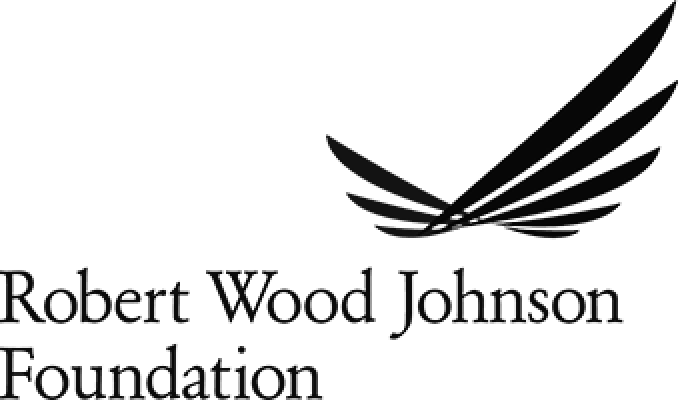The Science Media Centre New Zealand contributes to improved quantity, quality, breadth, and depth of science reporting through their work with a range of media outlets, reaching a large proportion of New Zealanders. The SMC also provides media training for experts through their Science Media SAVVY workshops.
The SMC was set up in 2008 to provide independent, trusted advice to journalists covering science-related stories. It is part of a global network of Science Media Centres, all of which aim to inform public debate and discussion on the major issues of the day by injecting evidence-based science into the news.




